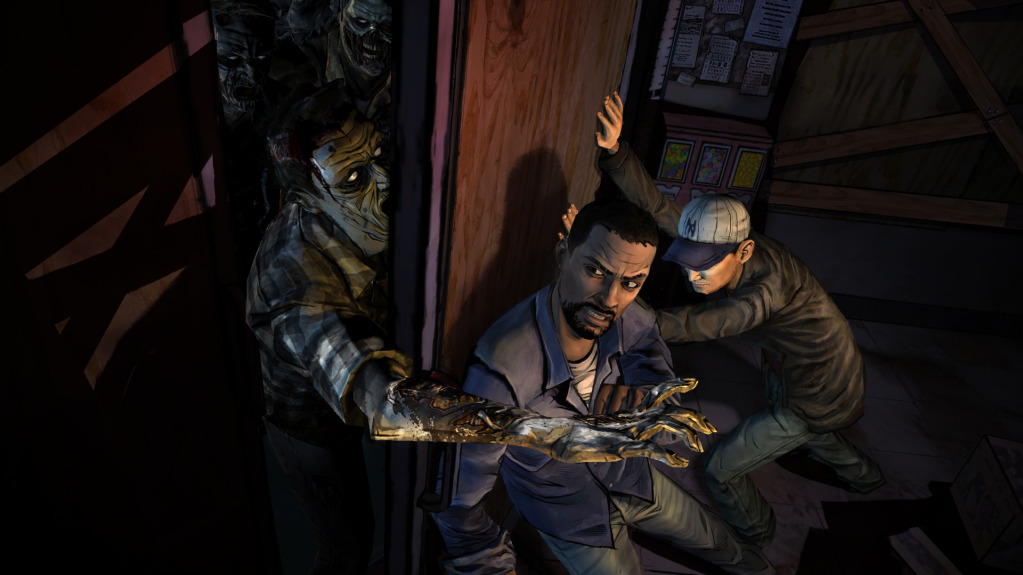Pete Hawley joined Telltale Games as its new CEO a couple of months ago, and he is coming up for air to talk about it.
Five years ago, Telltale had its breakout hit with The Walking Dead: Season One. The game was a gut-wrenching tale that forced players to make choices about who to save or who to abandon to the zombie horde. Under founders Dan Connors and Kevin Bruner, Telltale started taking on a load of new games. It expanded to more than 350 employees and started working on titles such as Batman: The Enemy Within, Minecraft: Story Mode, Game of Thrones, and others.

Unlock premium content and VIP community perks with GB M A X!
Join now to enjoy our free and premium membership perks.
![]()

![]()